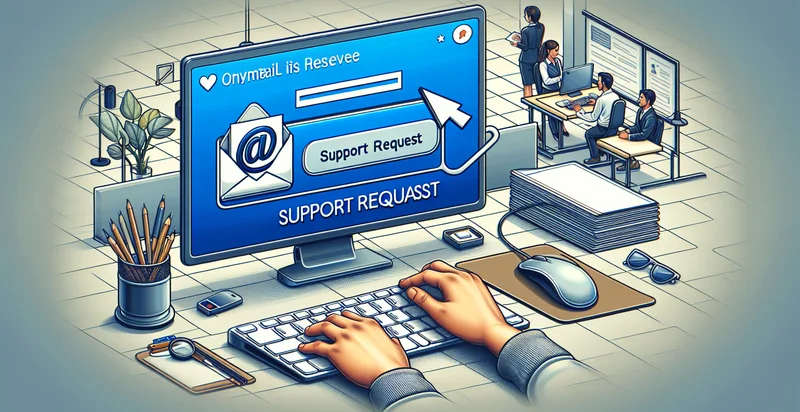Identify if email impacts customers
using AI
Below is a free classifier to identify if email impacts customers. Just input your text, and our AI will predict if an email impacts customers - in just seconds.

Contact us for API access
Or, use Nyckel to build highly-accurate custom classifiers in just minutes. No PhD required.
Get started
import nyckel
credentials = nyckel.Credentials("YOUR_CLIENT_ID", "YOUR_CLIENT_SECRET")
nyckel.invoke("if-email-impacts-customers", "your_text_here", credentials)
fetch('https://www.nyckel.com/v1/functions/if-email-impacts-customers/invoke', {
method: 'POST',
headers: {
'Authorization': 'Bearer ' + 'YOUR_BEARER_TOKEN',
'Content-Type': 'application/json',
},
body: JSON.stringify(
{"data": "your_text_here"}
)
})
.then(response => response.json())
.then(data => console.log(data));
curl -X POST \
-H "Content-Type: application/json" \
-H "Authorization: Bearer YOUR_BEARER_TOKEN" \
-d '{"data": "your_text_here"}' \
https://www.nyckel.com/v1/functions/if-email-impacts-customers/invoke
How this classifier works
To start, input the text that you'd like analyzed. Our AI tool will then predict if an email impacts customers.
This pretrained text model uses a Nyckel-created dataset and has 2 labels, including Customer Impact and Internal Only.
We'll also show a confidence score (the higher the number, the more confident the AI model is around if an email impacts customers).
Whether you're just curious or building if email impacts customers detection into your application, we hope our classifier proves helpful.
Related Classifiers
Need to identify if email impacts customers at scale?
Get API or Zapier access to this classifier for free. It's perfect for:
- Customer Satisfaction Monitoring: Utilize text classification to assess incoming customer emails for sentiment. By identifying whether the emails indicate positive or negative experiences, businesses can proactively address issues and enhance overall customer satisfaction.
- Automated Support Ticket Routing: Implement a classification system to categorize customer emails based on their content and urgency. This enables timely and accurate routing of support tickets to the appropriate department, improving response times and efficiency.
- Feedback Analysis for Product Improvement: Analyze emails that impact customers to gather insights about product features and performance. This structured feedback can guide product development teams in making data-driven decisions to enhance user experience.
- Campaign Effectiveness Tracking: Use the classification function to evaluate customer responses to marketing campaigns. By determining which emails have a significant impact on customers, businesses can refine their strategies and focus on high-impact messaging.
- Risk Management for Compliance: Employ the classification of customer emails to monitor communications that may indicate compliance risks or regulatory issues. This helps organizations identify potential problems early and safeguard against legal repercussions.
- Customer Segmentation for Personalization: Classify customer emails to identify different segments based on their concerns and interests. This information enables personalized marketing efforts and tailored communication strategies that resonate more effectively with distinct customer groups.
- Churn Prediction and Prevention: Analyze customer emails for signals indicating dissatisfaction or potential churn. By distinguishing these impactful communications, businesses can implement retention strategies before customers decide to leave, thereby reducing churn rates.


